UK Gfk Consumer Confidence rose to -11 in December, up from -14. In particular, index for General Economic Situation over the last 12 months improved 3 pts to -31. Index for General Economic Situation over the next 12 months improved 7 pts to -27.
Joe Staton, Client Strategy Director at GfK, said: “We haven’t seen such a robust increase in confidence about our economic future since the summer of 2016. Despite official warning signs about the flat-lining of Britain’s economy, we know that record high employment and below target levels of inflation are helping to boost consumers’ expectations for the year ahead.

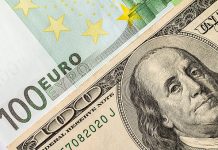
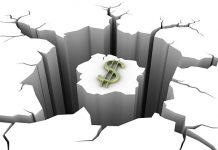

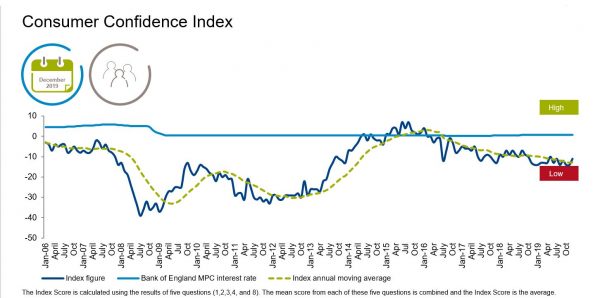
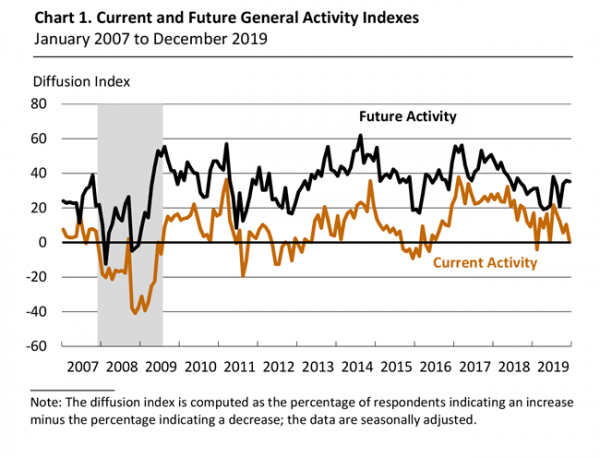
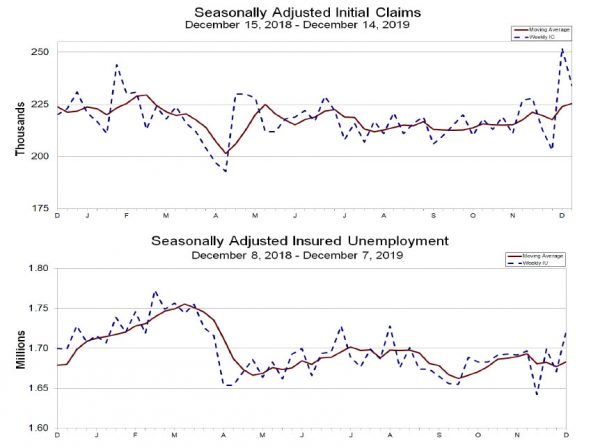
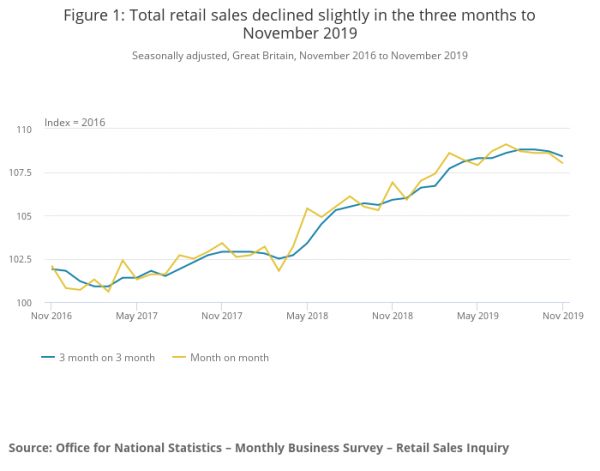
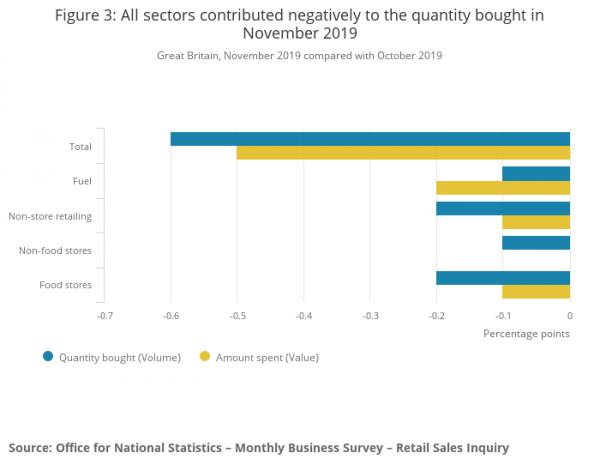
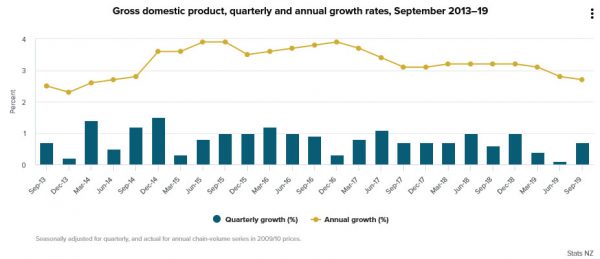
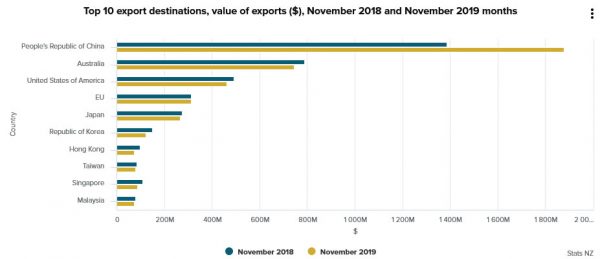
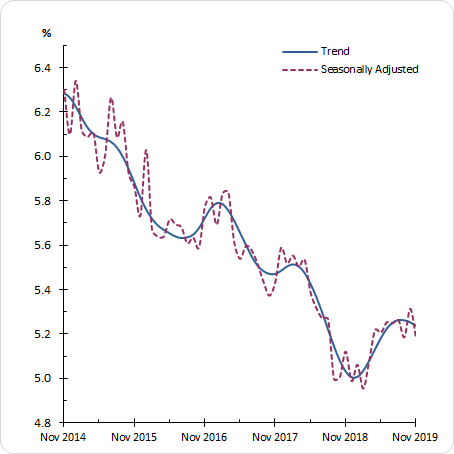
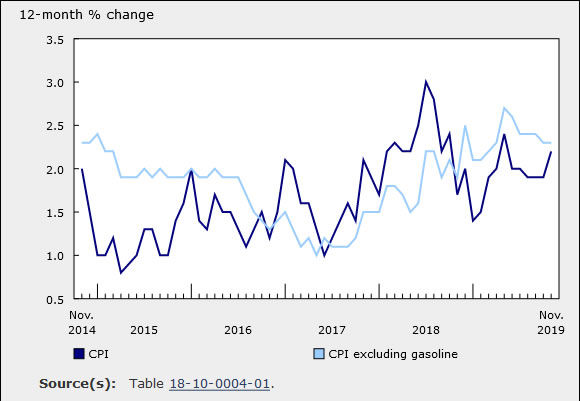
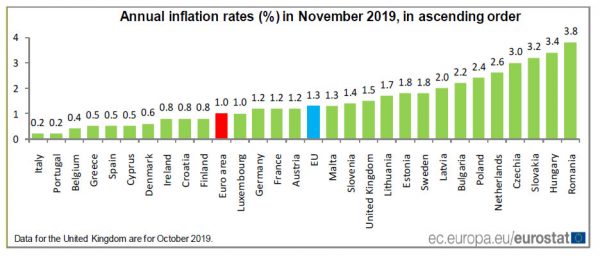
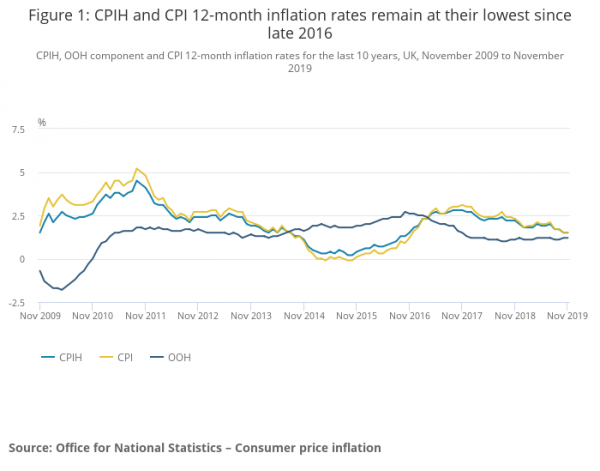
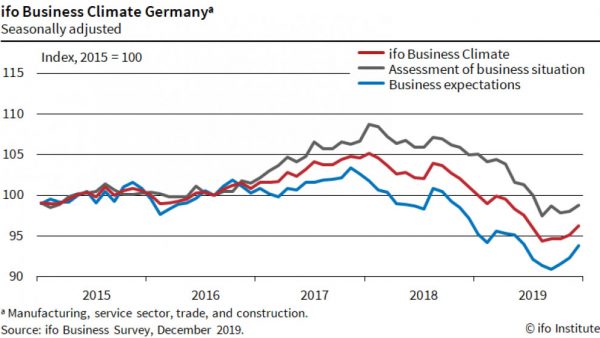
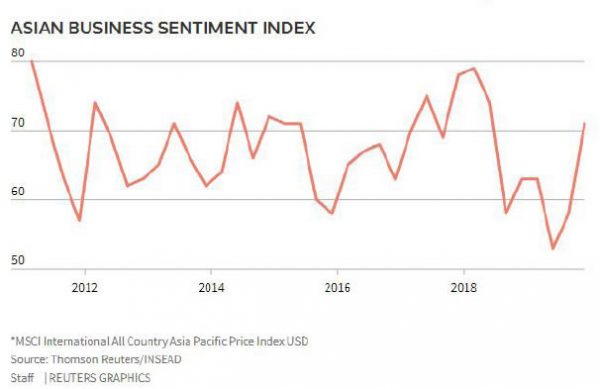

German Gfk consumer confidence dropped to -0.1, economic expectations tumbled
German Gfk consumer confidence dropped -0.1 to 9.6 in January. Economic expectations dropped sharply to -4.4, down from 1.7. Gfk said that ” impression among consumers that the German economy will weaken significantly has been reinforced.”. Also, “The trade conflicts between the US and China, on the one hand, and the US and the EU, on the other, continue to smolder, hanging like a sword of Damocles over Germany, a nation highly dependent on exports”.
Full release here.